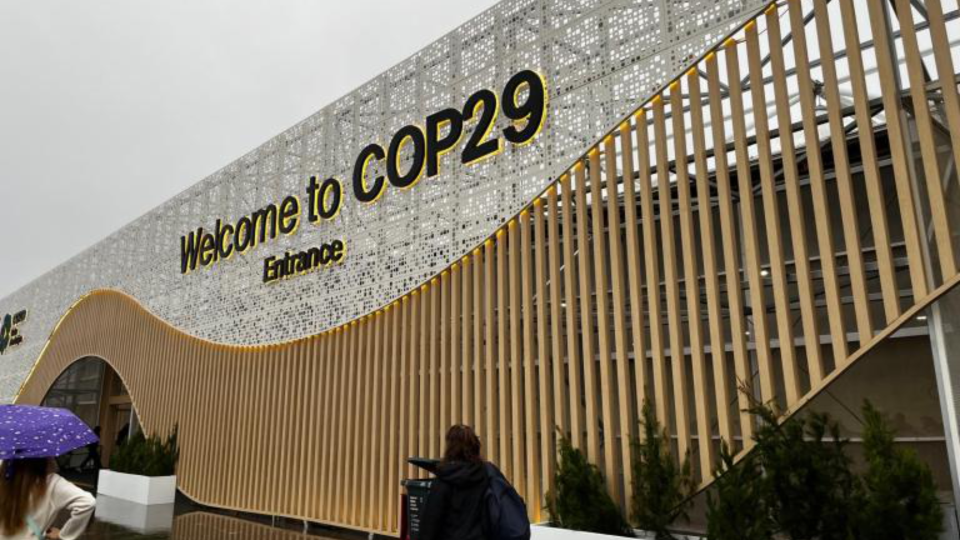The world economies had an intense discussion at the 29th United Nations Climate Change Conference at COP29 held in Baku, Azerbaijan. It was concluded with a climate finance agreement that has drawn criticism from developing nations, including India. The agreement committed developed countries to mobilize $300 billion annually by 2035 to support developing economies in combating climate change. However, this figure is far below the $1.3 trillion annually demanded by these nations, leading to widespread dissatisfaction.
The developing nations criticized the procedural handling of negotiations, expressing frustration that their input on climate finance and technology transfer was sidelined. India’s major concerns were also not addressed in the agreement, despite being a major emerging economy. It impacts India‘s handling of its dual challenge of accelerating its energy transition while addressing the developmental needs of its vast population. This sentiment resonates with the broader grievances of the Global South, which feels that the principle of “common but differentiated responsibilities” was inadequately reflected in the final agreement and is merely an ‘optical illusion’.
On a global scale, developing countries, particularly in Africa and South Asia, emphasize that the financial gap undermines their ability to adapt to climate-related challenges. Critics point out that the current pledge does not factor in the historical emissions of developed nations, nor does it adequately address loss and damage caused by climate disasters.
Adding to the dissatisfaction, many countries in the Global South expressed concern over procedural issues at COP29 and highlighted a growing divide between developed and developing nations. The disproportionate influence of developed nations in shaping the agreement, and the strong presence of fossil fuel lobbyists at COP29 further exacerbated distrust among the developing economies.
Moreover, geopolitical tensions and uncertainties around commitments from major economies have cast doubt on the feasibility of achieving even the proposed financial targets. Thus, the outcome of COP29 underscores the persistent imbalance in global climate negotiations. With COP30 scheduled in Brazil, the developing countries are advocating for a stronger focus on equitable climate finance, technology transfer, and capacity building to meet their urgent needs. Bridging the divide between global commitments and the realities faced by vulnerable nations will remain a critical challenge in future negotiations.

